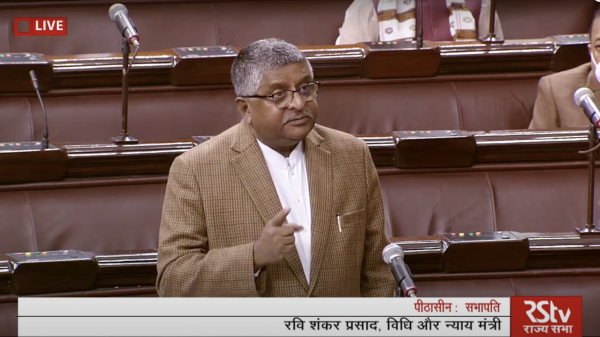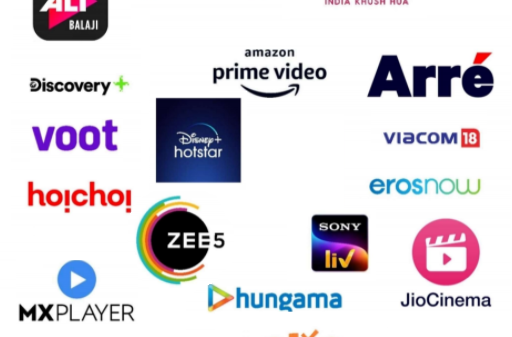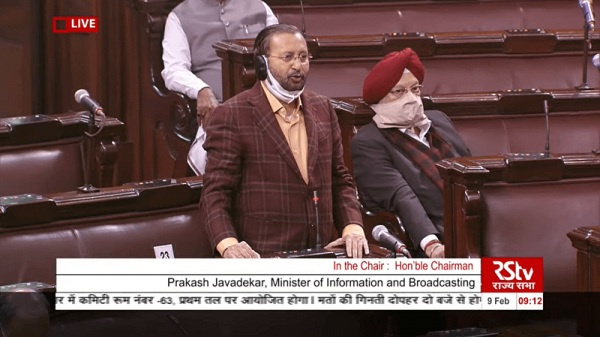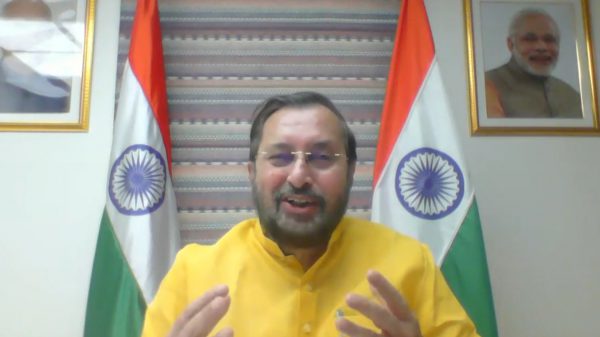The Internet and Mobile Association of India has released its long-promised “implementation toolkit”, a document produced after the Ministry of Information & Broadcasting rejected seventeen streaming services’ self-regulation code. “The core purpose of this “Tool Kit” is to provide for procedures to effectuate the various provisions of the Code; assist the signatories in fulfilling their commitments and responsibilities as set out in the Code; and to achieve effective self-regulation goals as envisioned by the signatories in the Code,” IAMAI said in a press release on Thursday.
The move comes days after I&B Minister Prakash Javadekar said guidelines for streaming regulation are “almost ready”.
Equal number of internal and external panel members “suggested”
“Importantly, the effort of the Signatories, through this Tool Kit, is to also address feedback received from Ministry of Information and Broadcasting inter-alia, on the issues of conflict of interest and prohibited content,” the association added. “It is suggested that the Advisory Panel [which hears appeals to complaints] shall consist of at least an equal number of Independent Members (vis-à-vis the Signatory’s internal members),” the toolkit document says. This is the kit’s most substantial addition, to combat the Ministry’s concern that if only one member is external (as laid out in the Code) then the streaming service alone gets to decide the outcome of complaints.
The toolkit lists some laws applicable to online content, and commits to update these via its Secretariat to members. Fifteen pieces of legislation are listed, dealing with subjects such as “indecent” representation of women, sexually explicit content, improper use of state emblems, and atrocities against minorities. The IAMAI does not list examples of content that would violate these provisions, so their applicability will be subject to individual platforms and creators, as has always been the case.
Also read




















